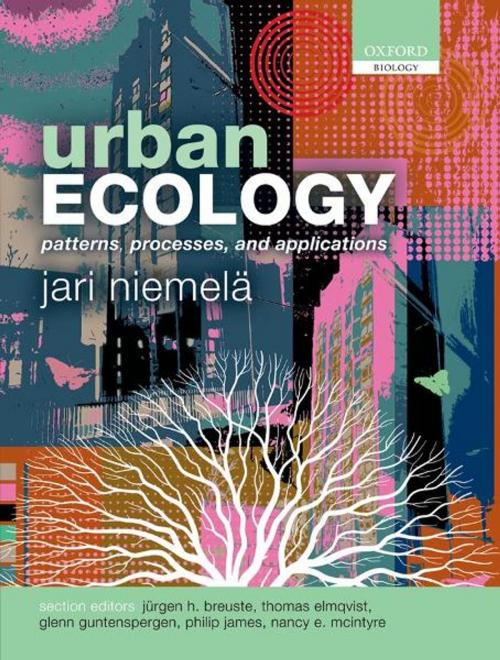Urban Ecology
Patterns, Processes, and Applications
Nonfiction, Science & Nature, Science, Biological Sciences, Ecology, Nature| Author: | ISBN: | 9780191613234 | |
| Publisher: | OUP Oxford | Publication: | November 17, 2011 |
| Imprint: | OUP Oxford | Language: | English |
| Author: | |
| ISBN: | 9780191613234 |
| Publisher: | OUP Oxford |
| Publication: | November 17, 2011 |
| Imprint: | OUP Oxford |
| Language: | English |
Urbanization is a global phenomenon that is increasingly challenging human society. It is therefore crucially important to ensure that the relentless expansion of cities and towns proceeds sustainably. Urban ecology, the interdisciplinary study of ecological patterns and processes in towns and cities, is a rapidly developing field that can provide a scientific basis for the informed decision-making and planning needed to create both viable and sustainable cities. Urban Ecology brings together an international team of leading scientists to discuss our current understanding of all aspects of urban environments, from the biology of the organisms that inhabit them to the diversity of ecosystem services and human social issues encountered within urban landscapes. The book is divided into five sections with the first describing the physical urban environment. Subsequent sections examine ecological patterns and processes within the urban setting, followed by the integration of ecology with social issues. The book concludes with a discussion of the applications of urban ecology to land-use planning. The emphasis throughout is on what we actually know (as well as what we should know) about the complexities of social-ecological systems in urban areas, in order to develop urban ecology as a rigorous scientific discipline.
Urbanization is a global phenomenon that is increasingly challenging human society. It is therefore crucially important to ensure that the relentless expansion of cities and towns proceeds sustainably. Urban ecology, the interdisciplinary study of ecological patterns and processes in towns and cities, is a rapidly developing field that can provide a scientific basis for the informed decision-making and planning needed to create both viable and sustainable cities. Urban Ecology brings together an international team of leading scientists to discuss our current understanding of all aspects of urban environments, from the biology of the organisms that inhabit them to the diversity of ecosystem services and human social issues encountered within urban landscapes. The book is divided into five sections with the first describing the physical urban environment. Subsequent sections examine ecological patterns and processes within the urban setting, followed by the integration of ecology with social issues. The book concludes with a discussion of the applications of urban ecology to land-use planning. The emphasis throughout is on what we actually know (as well as what we should know) about the complexities of social-ecological systems in urban areas, in order to develop urban ecology as a rigorous scientific discipline.















